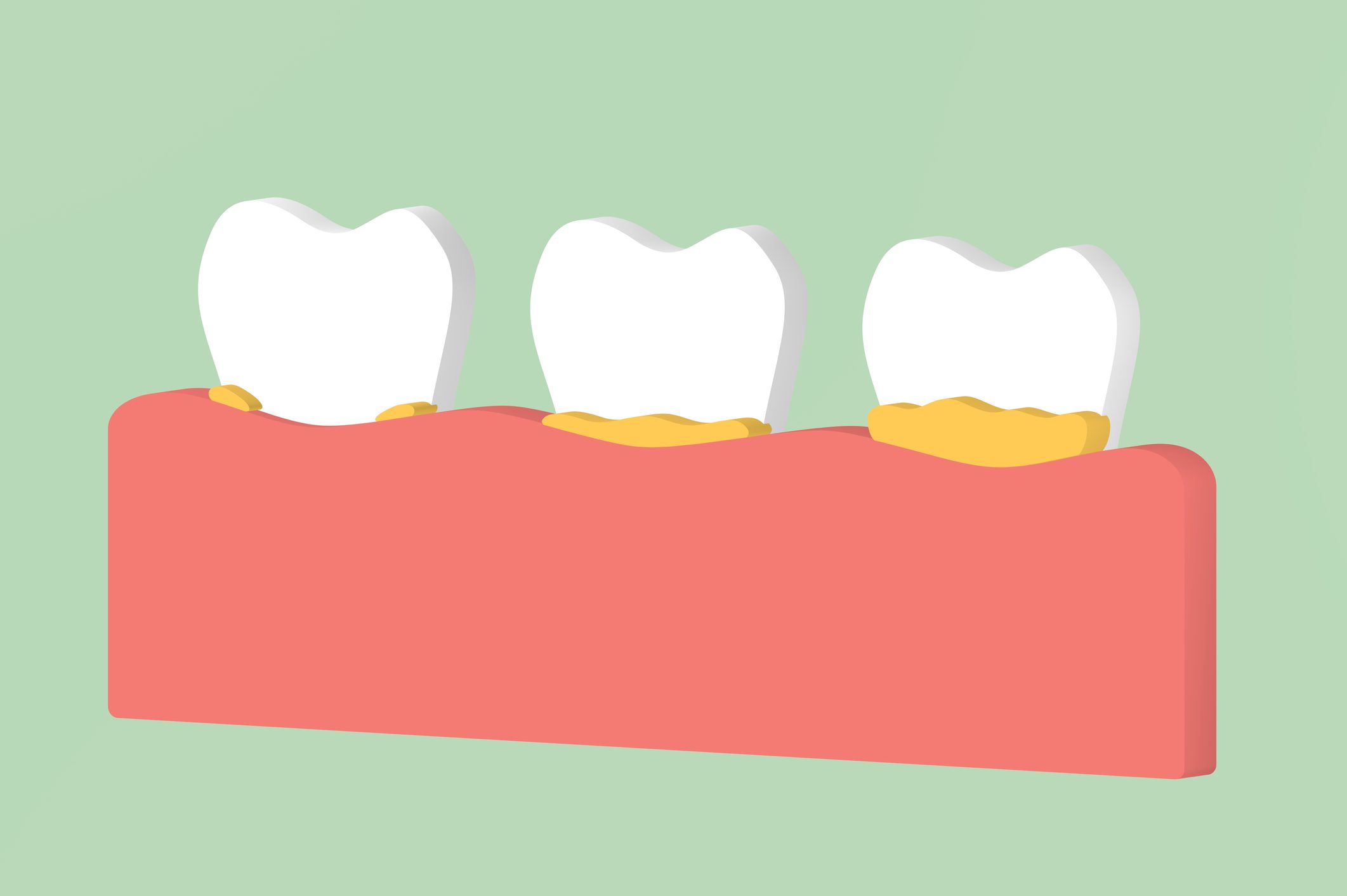How plaque forms and why you should prevent it
Most of us have heard of dental plaque, but what exactly is it and why is it harmful? Here is a quick look at plaque and why preventing its build-up is important.
What is plaque?
Teeth plaque occurs when bacteria builds up in your mouth. It mixes with food particles and saliva to create a sticky substance that can coat your teeth and gum-line. A crucial component of plaque is carbohydrate, or simple sugar. This ‘feeds’ the bacteria and contributes to the build-up of plaque.
Why is plaque harmful to your teeth and gums?
Plaque in itself is not harmful. However, what is harmful is the build-up of plaque on your teeth. This can contribute to gum inflammation, gum disease, tooth decay and even tooth loss. Additionally, when the plaque hardens on your teeth, it creates tartar. This can give your teeth a yellow appearance and is hard to clean off with brushing. Plaque can start to harden within 48 hours and can become impossible to remove yourself within days. This is why it’s important to take steps to prevent plaque forming on your teeth and gums.
How can you prevent plaque build-up?
The first step is to practice an effective oral health routine that includes brushing using the right technique and flossing, in order to clean between the teeth. As mentioned above, the bacteria in your mouth feed on sugar, so cutting down on sugary foods and those high in carbohydrates, such as white bread, can also help prevent teeth plaque building up and causing a problem. As well as contributing to plaque build-up, when you eat sugar, this mixes with the bacteria in your mouth to initially produce acid, which is also harmful to the teeth, so cutting back has several benefits for your long-term oral health.
If you would like further advice on preventing plaque build-up, or on developing a good oral health regime, book an appointment with our dental hygienist today on 01606 75615.

